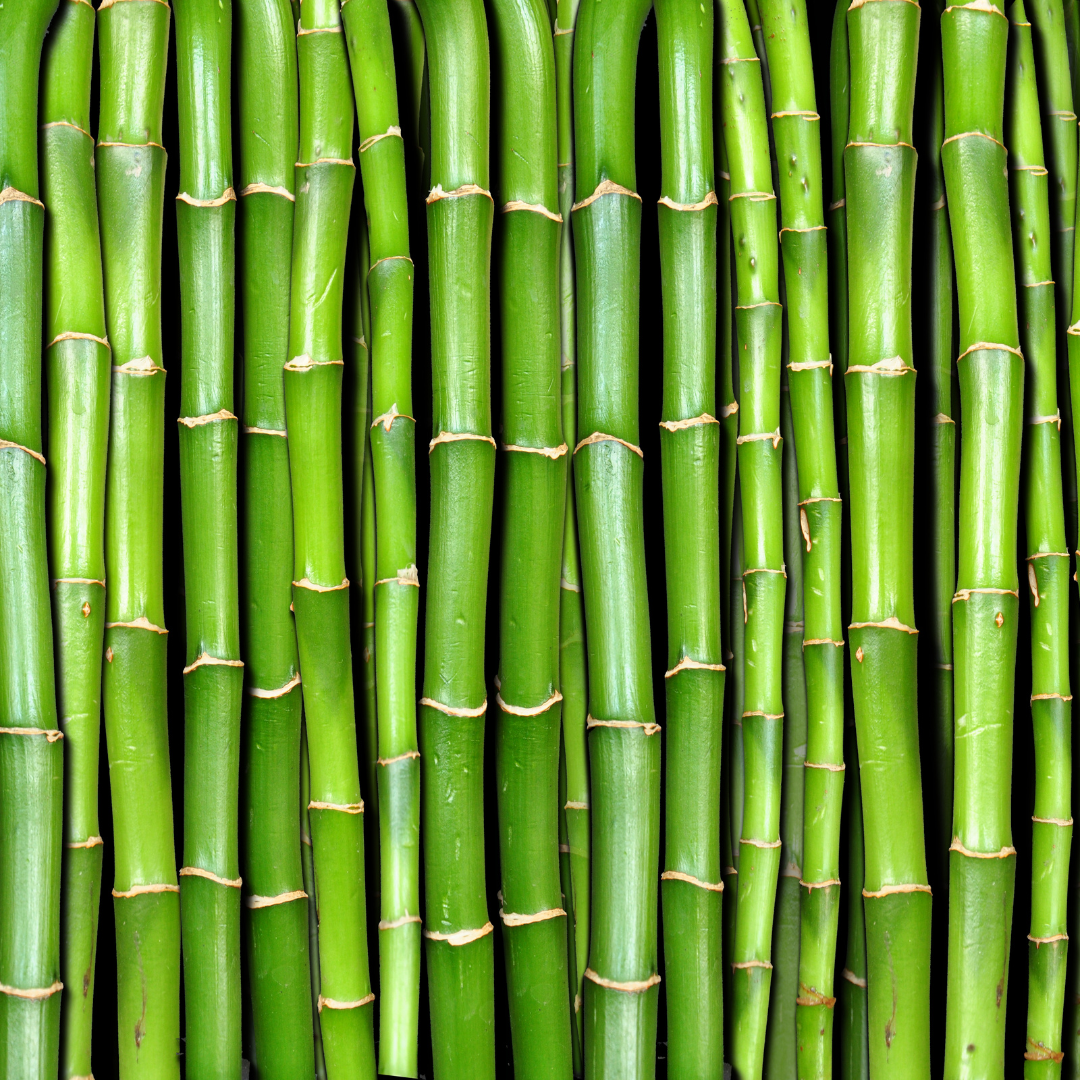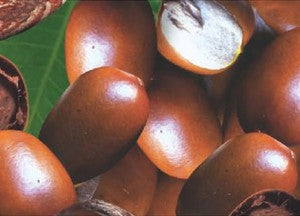Did you know?
Bamboo benefits damaged soil: Bamboo thrives in scarred or deformed landscapes and can be grown on damaged soil. Overgrazed by cows, sheep, or goats? Plant bamboo to restore soil health. Bamboo will produce a crop every year. Just one clump can produce over 200 poles. If harvested with care, bamboo roots not only survive but sprout new shoots repeatedly, keeping the topsoil intact and the land fertile.
Bamboo resilience in earthquakes: Bamboo buildings sway and remain intact during earthquakes while wooden structures often shatter. In the 1992 earthquake in Limon, Costa Rica, almost all houses were destroyed except for bamboo ones. In Costa Rica, 1000 houses are built annually from just 60 hectares of bamboo plantation, compared to 500 hectares needed for traditional wood.
Bamboo for sustainable furniture and flooring: Bamboo is the fastest-growing plant and extremely strong. It's stronger than oak and the most durable hardwood. With lamination, bamboo can be nearly as strong as soft steel, withstanding 52,000 pounds of pressure per square inch.
Bamboo nutrition and wildlife support: Bamboo shoots provide nutrition for millions worldwide. Taiwanese people consume 80,000 tons of bamboo shoots annually. These shoots also nourish many animals, including elephants and pandas.
Medicinal and cultural uses of bamboo: Bamboo is used to treat various ailments. Tabasheer, the hardened secretion from bamboo, treats asthma and coughs. The root of black bamboo treats kidney disease. Roots and leaves treat venereal diseases and cancer, and water from the culm treats broken bones. Bamboo can also be made into musical instruments. In China, bamboo is known as 'a friend of the people.'
Bamboo is our friend too.



Leave a comment
All comments are moderated before being published.
This site is protected by hCaptcha and the hCaptcha Privacy Policy and Terms of Service apply.